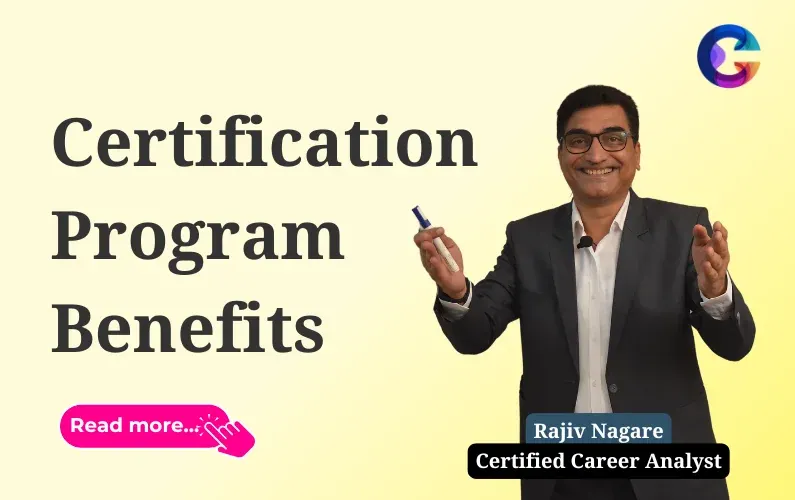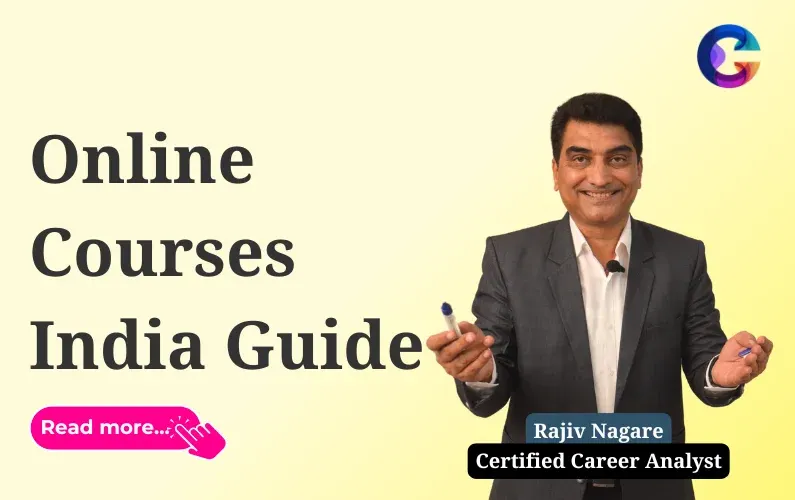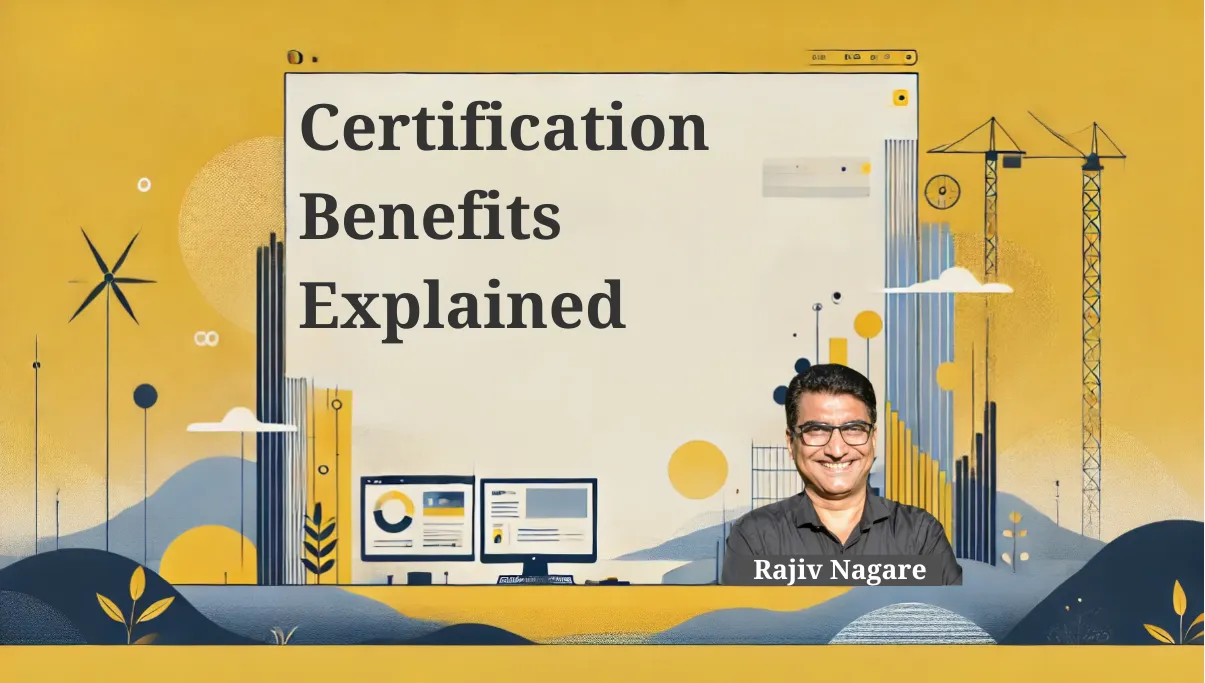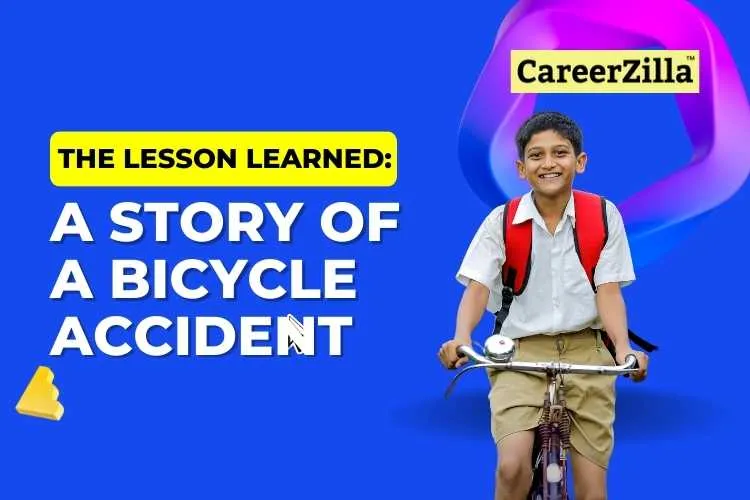Avoiding Common Resume Mistakes
In today's competitive job market, crafting an effective resume is crucial for capturing the attention of recruiters and securing valuable job interviews. However, many candidates make common mistakes that can significantly hinder their chances of standing out. This comprehensive guide explores these pitfalls in detail and provides actionable tips to help you create a flawless resume that showcases your qualifications and achievements.
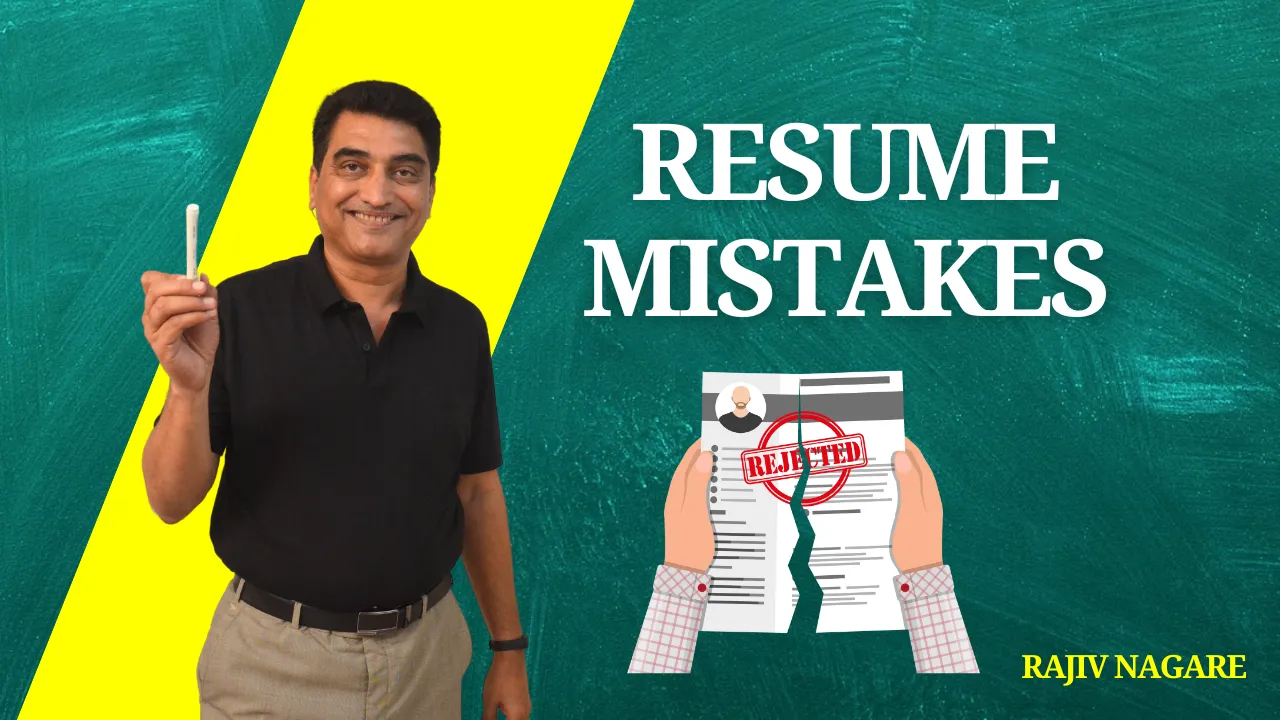
Understanding Common Resume Mistakes
One common error is using generic resumes that are not tailored to specific job applications. This oversight often results in resumes that fail to demonstrate how well-suited the candidate is for the role. Additionally, grammatical errors, overused buzzwords, and inconsistencies in formatting can diminish the professionalism of your resume and detract from your accomplishments.
Crafting a Flawless Resume: Dos and Don'ts
- Dos
To create an impactful resume, begin by customizing it for each job application. Tailoring your resume to highlight relevant skills and achievements specific to the job description can significantly increase your chances of catching the eye of recruiters. Use strong action verbs for your resume to describe your accomplishments and quantify them with specific numbers or percentages whenever possible. This approach not only demonstrates your capabilities but also provides concrete evidence of your past successes.
- Don'ts
Avoid using generic templates that fail to reflect your unique qualifications and experiences. Overused buzzwords and clichés can dilute the impact of your resume, so opt for specific and descriptive language to effectively convey your skills. Lastly, proofreading your resume is crucial—grammatical and typographical errors can undermine your credibility and attention to detail.
Showcasing Skills and Achievements Effectively
Effectively showcasing your skills on your resume is crucial to making it stand out. Identify the key skills required for the job you're applying for and prominently feature them in your resume. Use strong action verbs such as "achieved," "improved," or "implemented" to describe your accomplishments. Quantifying achievements in your resume with specific numbers or percentages provides concrete evidence of your contributions.
Customizing Your Resume for Different Roles
Recognize that each job application is unique, requiring you to tailor your resume accordingly. Adjust your resume objective or summary to align with the specific job role and company culture. Prioritize and adapt your key skills and experiences based on the job requirements, ensuring that your resume clearly reflects how your background and abilities make you an ideal candidate for the position. How to tailor your resume effectively involves focusing on what each employer values most.
Formatting Tips for Visual Appeal
The visual presentation of your resume plays a significant role in how it is perceived by recruiters. Select a professional font and an appropriate font size to ensure readability. Use bullet points to organize information and create adequate white space to improve clarity and visual appeal. Professional resume formatting reinforces a sense of professionalism and attention to detail.
The Role of Keywords and ATS
Many companies utilize Applicant Tracking Systems (ATS) to screen resumes based on specific keywords and criteria. Understanding how ATS works and strategically incorporating relevant keywords from the job description into your resume can increase your chances of passing through the initial screening process. Ensure that keywords are naturally integrated into your resume while accurately reflecting your qualifications and expertise. ATS resume optimization is a key strategy in modern resume writing.
Proofreading Your Resume
After crafting your resume, meticulously proofreading your resume to eliminate any errors is essential. Even minor grammatical or typographical mistakes can create a negative impression and undermine your professionalism. Utilize proofreading tools or enlist a trusted friend or colleague to review your resume for clarity, consistency, and accuracy. Taking this additional step can significantly enhance the quality and effectiveness of your resume.
Crafting an effective resume requires meticulous attention to detail, customization for each job application, and a clear presentation of your skills and achievements. By avoiding common resume mistakes such as using generic templates, overloading with buzzwords, and neglecting proofreading, you can create a resume that effectively highlights your qualifications and leaves a positive impression on recruiters.
Now equipped with the tools and strategies to craft a compelling resume, take proactive steps! Evaluate your current resume and apply the tips discussed in this comprehensive guide.
Share your success stories or challenges faced in resume writing in the comments below—I am here to support you in advancing your career!

